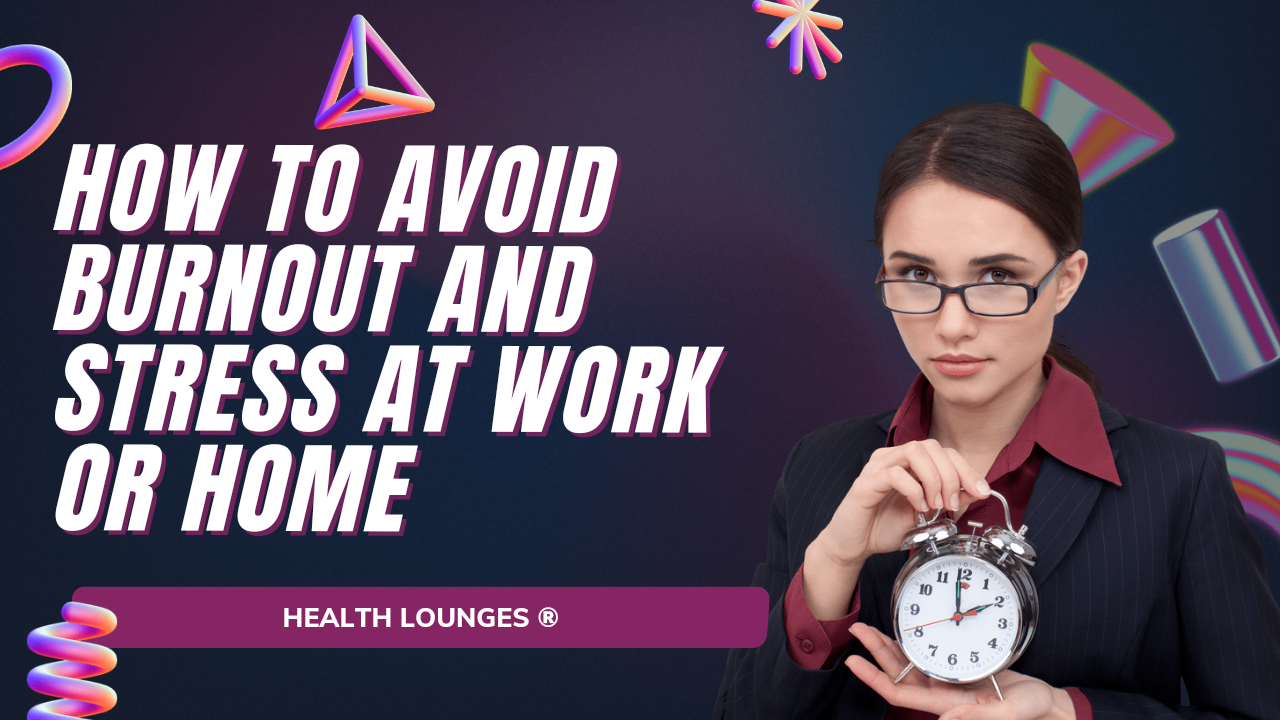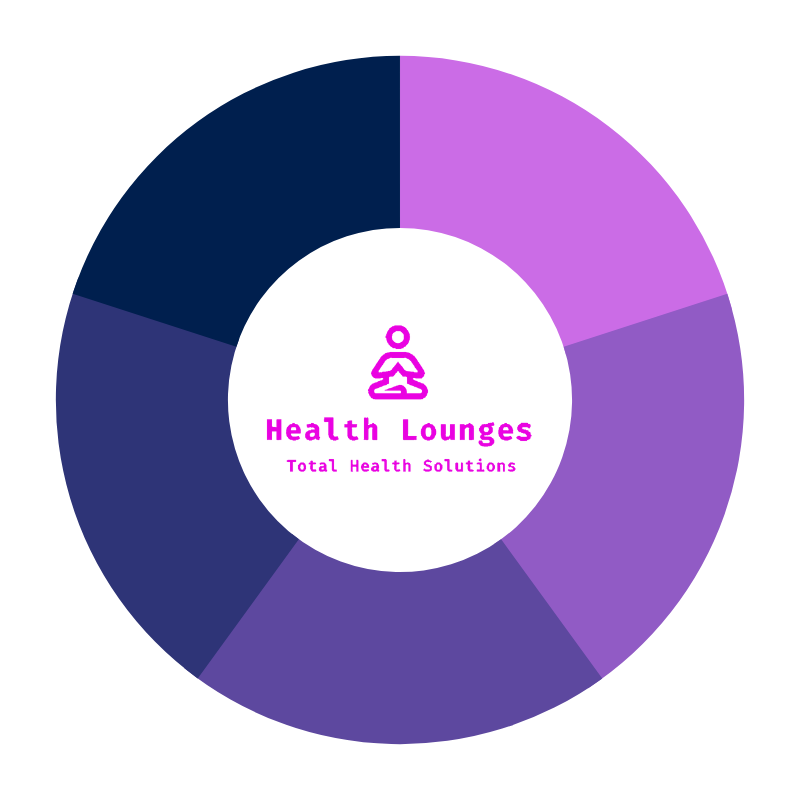Is “emotional labor” Burning you out?

The Hidden Cost of Emotional Labor
Imagine you work in customer service.
All day long, you have to pretend to care deeply about the often minor concerns of your customers.
Even when people are rude or offensive, you must adopt a pleasant tone and stick to the script, which in part, involves you repeatedly saying “I’m sorry” for a situation that isn’t your fault.
Especially when all you want to say is…

That’s emotional labor.
The term was coined by sociologist Arlie Hochschild, Ph.D., in the 1980s.
It refers to the internal work needed to actively manage the feelings of others, as well as control our responses. And it can be emotionally exhausting.

Dr. David Banner has to expend much emotional energy to keep from turning into the Hulk. (Anyone who’s ever worked in a call center can relate to this GIF.)
To no one’s surprise, emotional exhaustion can be a significant barrier to eating well and moving more. And it can lead to severe issues for your mental health.
You risk burnout if you don’t account for this emotional labor and recover from it appropriately.
Is Emotional Labor Wearing You Down?
Consider whether any of the following are true for you:
- As a marginalized person at work, you must plaster a smile on your face to not provoke coworkers who make hurtful, demeaning comments.
- You work in a profession that involves concealing your own emotions and prioritizing the feelings of the customer or client. Think: healthcare, law, customer care, social work, and you guessed it… coaching.
- You feel exhausted at the end of the day because you spend most of it graciously placating cranky people. (Hi, caregivers of small children and teenagers.)
- You’re the one in your household who smoothing ruffled feathers, playing peacekeeper, and trying to ensure everyone gets along.
How to Recover… Emotionally
Ask this question: Where can you find emotional rest?
(BTW, if you read the term “emotional rest” and immediately thought, “That sounds WONDERFUL,” then chances are, you’re doing a lot of emotional labor.)
Boundaries are a crucial tactic, especially if you’re a high-empathy person who often takes on others’ problems and emotions.

Deciding when—and when not—to get emotionally invested is a skill that most coaches (and caring people) have to work to develop.
Maybe you could…
- Create better boundaries between home and work. This is different for everyone, but the key is brainstorming potential actions and experimenting.
- Schedule 5-minute breaks into your workday so you can slam a medicine ball into a wall (concrete, not drywall), take a walk around the block, or stare out a window.
- Get extra support—for instance, from an ally or therapist who understands your struggles.
The best form of emotional recovery will (surprise!) vary from one person to another.
But…
Gaining awareness is the first step...
... because many people suffer through emotional labor without ever putting a name to it or considering the toll it’s taking.
That makes it an invisible stressor that goes “unseen.” And unseen problems tend to go unsolved—and get worse over time.
Finding the balance between emotional labor and emotional recovery often isn’t easy. But adopting a unique (and kind of remarkable) identity might help.
Think of yourself as an “emotional athlete.”
- Athletes do hard training sessions, but they also take plenty of recoveries.
- Athletes also have coaches—and often more than one.
- And finally, athletes don’t leave the gym or the field only to do more intense exercise at home.
To keep showing up for the emotional Olympics each day, you’ll need to ensure that your emotional health is well-protected and well-supported.
You’ll also want to be mindful of all the emotional labor you do in your professional and personal life. Please make a list, and start to account for it with actions that help you recover.
Of course, emotional labor is one invisible stressor affecting your ability to eat well, move more, and live better.
Consider our Sleep, Stress Management, and Recovery Coaching Program if you want to learn more ways to improve your physical, mental, and emotional health.
Until next time,
Dt. Mohit Mittal
(BFND, B.TECH, DDHN, NSQF-4, YCB-3, SSY-1, PT- REPS INDIA)
